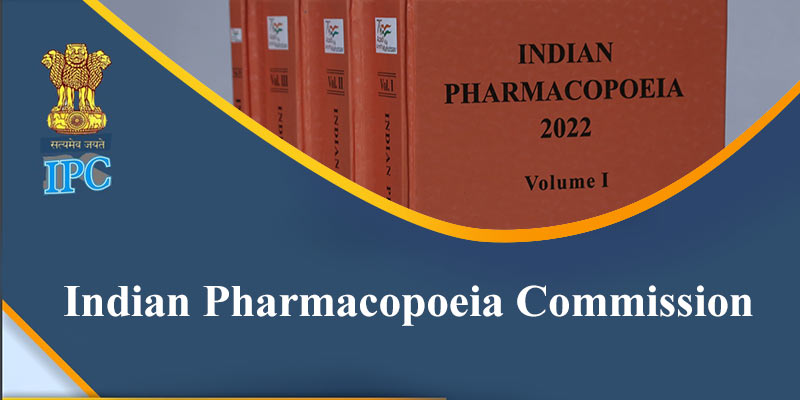- India
- Nov 17
Explainer - What is the purpose of Indian Pharmacopoeia Commission?
• The Indian Pharmacopoeia Commission (IPC), Ghaziabad inked an MoU with the Jharkhand State Pharmacy Council (JSPC) to promote safe and rational medicine use and strengthen pharmacovigilance in Jharkhand.
Highlights of the MoU:
• Through this collaboration, IPC and JSPC will work together to build the capacity of registered pharmacists in areas related to adverse drug reaction (ADR) reporting, pharmacovigilance and materiovigilance practices, and the safe use of medicines.
• The partnership envisions strengthening the utilisation of the National Formulary of India (NFI) as a standard reference document across healthcare facilities in Jharkhand and promoting its systematic use by pharmacists to support rational dispensing and safe medication practices.
• It further includes coordinated efforts to organise awareness programmes for hospital and community pharmacists, support the mandatory use of the NFI in institutional pharmacy settings, and facilitate annual observance of the National Pharmacovigilance Week in collaboration with IPC.
• This MoU is expected to enhance professional engagement, encourage wider participation in ADR reporting, and reinforce medicine safety surveillance mechanisms in the state.
• The IPC will provide technical guidance and expert support for these initiatives, while JSPC will coordinate with pharmacists in public and private healthcare establishments to ensure effective implementation of the agreed activities.
Indian Pharmacopoeia Commission (IPC)?
• The Indian Pharmacopoeia Commission (IPC) is an autonomous institution of the Ministry of Health and Family Welfare.
• It became fully operational from January 1, 2009.
• The IPC was created to set standards of drugs in the country. Its basic function is to regularly update the standards of drugs commonly required for treatment of diseases prevailing in this region.
• It publishes official documents for improving quality of medicines by way of adding new and updating existing monographs in the form of Indian Pharmacopoeia (IP).
• IPC promotes the rational use of generic medicines by publishing the National Formulary of India.
• The IPC’s mission is to promote public and animal health in India by bringing out authoritative and officially accepted standards for quality of drugs, including active pharmaceutical ingredients, excipients and dosage forms, used by health professionals, patients and consumers.
• This is achieved by developing the standards for medicines and supporting their implementation. In addition, the IPC also develops IP Reference Substances (IPRS), which act as a fingerprint for identification of an article under test and its purity as prescribed in the IP monographs.
• The Commission has a three-tier structure, comprising the General Body, the Governing Body and the Scientific Body, which are supported by the IPC Secretariat and the Indian Pharmacopoeia Laboratory (IPL).
• The IPC Secretariat and IPL scientists with the support of different advisory expert committees and expert members of the Scientific Body examine the suitability of the standards to be included in Indian Pharmacopoeia (IP).
What is Indian Pharmacopoeia?
• Indian Pharmacopoeia (IP) is the official book of standards for drugs in fulfilment of the requirements of the Drugs and Cosmetics Act, 1940 and Rules 1945 thereunder so as to specify the standards of identity, purity and strength for the drugs imported, manufactured for sale, stocked or exhibited for sale or distributed in India.
• The standards prescribed in IP adhere to the concept of harmonisation, keeping in view the feasibility, technological advancements in manufacturing and analysis of the drugs and pharmaceuticals in the country without compromising with the quality of the products.
• The IP standards are authoritative in nature and are enforced by the regulatory authorities for quality control of medicines in India. During quality assurance and at the time of dispute in the court of law, IP standards are legally acceptable.

